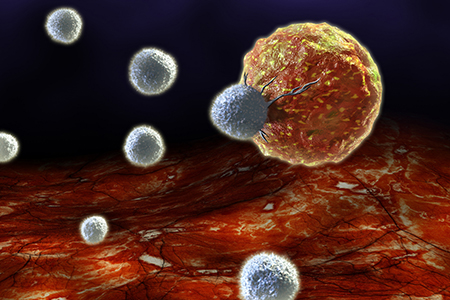 The EACR Conference on Immuno-Oncology attracted academic and pharmaceutical researchers from all over the world to the Casa Milà in Barcelona, Spain. Attendees shared their recent findings in fundamental and translational research and discussed clinical studies in immuno-oncology and immunotherapy.
The EACR Conference on Immuno-Oncology attracted academic and pharmaceutical researchers from all over the world to the Casa Milà in Barcelona, Spain. Attendees shared their recent findings in fundamental and translational research and discussed clinical studies in immuno-oncology and immunotherapy.
EACR 2019 Immuno-Oncology Conference Series
This Insight only highlights a small fraction of the discussions, seminars and presentations from this year's conference series.Animal Models for Immuno-Onco-Biology
Speakers Richard Flavell and Miguel Sanmamed shared innovative approaches towards developing better animal models to interrogate immuno-onco-biology. Flavel kicked off with the European Molecular Biology Organization (EMBO) keynote address on new applications of immunodeficient mouse models in the study of human immune functions and disease. He has published extensively on many different genetically engineered mouse models (GEMs) with knock-in of multiple suites of genes encoding human cytokines. These immuno-deficient mice can be subsequently engrafted with human immune cells to model the human immune system and evaluate therapeutic candidates in vivo.Sanmamed discussed the different approaches towards enriching mouse models with human immune system for patient-derived tumour xenograft (PDX) studies, which he categorized into 'immuno-PDX', 'immuno-Avatar PDX', and 'Hemato-Lymphoid-PDX'.
These PDX models are considered most suitable to reproduce the complexity of the tumour micro-environment (TME) in patients.
Together, the consensus is that there is no one "single-best murine model" for immune-oncology research. Instead, different models have different strengths and weaknesses for translating pre-clinical findings into clinical therapies.
Immuno-Oncology and the Microbiome
Orator Laurence Zitvogel proposed that the front line in the battle against human cancer might be determined by the interplay between host and microbial factors. She presented findings from many recent, high-impact publications supporting the role of gut microbiota in eliciting innate and adaptive immune responses beneficial for the host during immuno-oncological therapies.The patient-microbiota "meta-genome" modulates cancer initiation, progression, and response to treatment.
Zitvogel rounded off this conference series by advocating for oncomicrobiotics and/or fecal microbial transplantation (FMT) as adjuvants in the arsenal of oncology therapies, especially in dysbiotic cancer patients. Our ongoing war against cancer may merge research of oncology with the microbiome to develop rapid and cost-effective diagnostic tools for intestinal dysbiosis, as well as therapeutic tools to correct defects in the microbiome and improve treatment efficacy.
EACR Immuno-Oncology Round-Table
The conference was capped off with an intimate round-table conversation among all attendees, where pressing issues relevant to basic and translational research were addressed by scientists and clinicians.Presenters George Coukos, Joan Seoane, and Zlatko Trajanoski started the dialogue by calling the audience out on the 'streetlight effect' by drawing examples of biomarkers in response immuno-therapy. They urged a paradigm shift in the development of immunotherapies for oncology, re-examination of the criteria for patient selection in clinical trials and treatment, and greater collaboration between non-profit academia and for-profit pharmaceutical for data sharing and analyses.
With the unanimity of inter-patient and intra-tumour heterogeneity, the panel suggested learning from meteorologists, who identify trends and patterns in order to improve predictive power, by spatio-temporal micro-sampling followed by macro-analyses of weather systems. However, this author believes immuno-oncologists might take a page from theoretical astro-physicists, who interrogates reality as hypothetical meta-universes, when considering the highly evolving relationships and interactions between the patient "-omics", tumour microenvironment, and the microbiota during disease progression and therapeutic interventions.






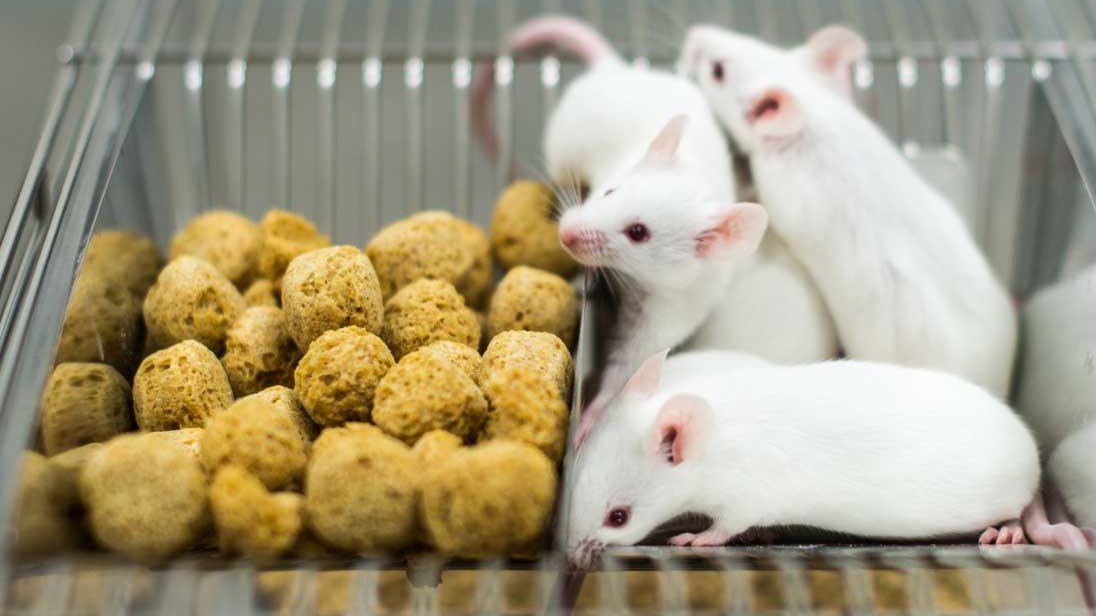
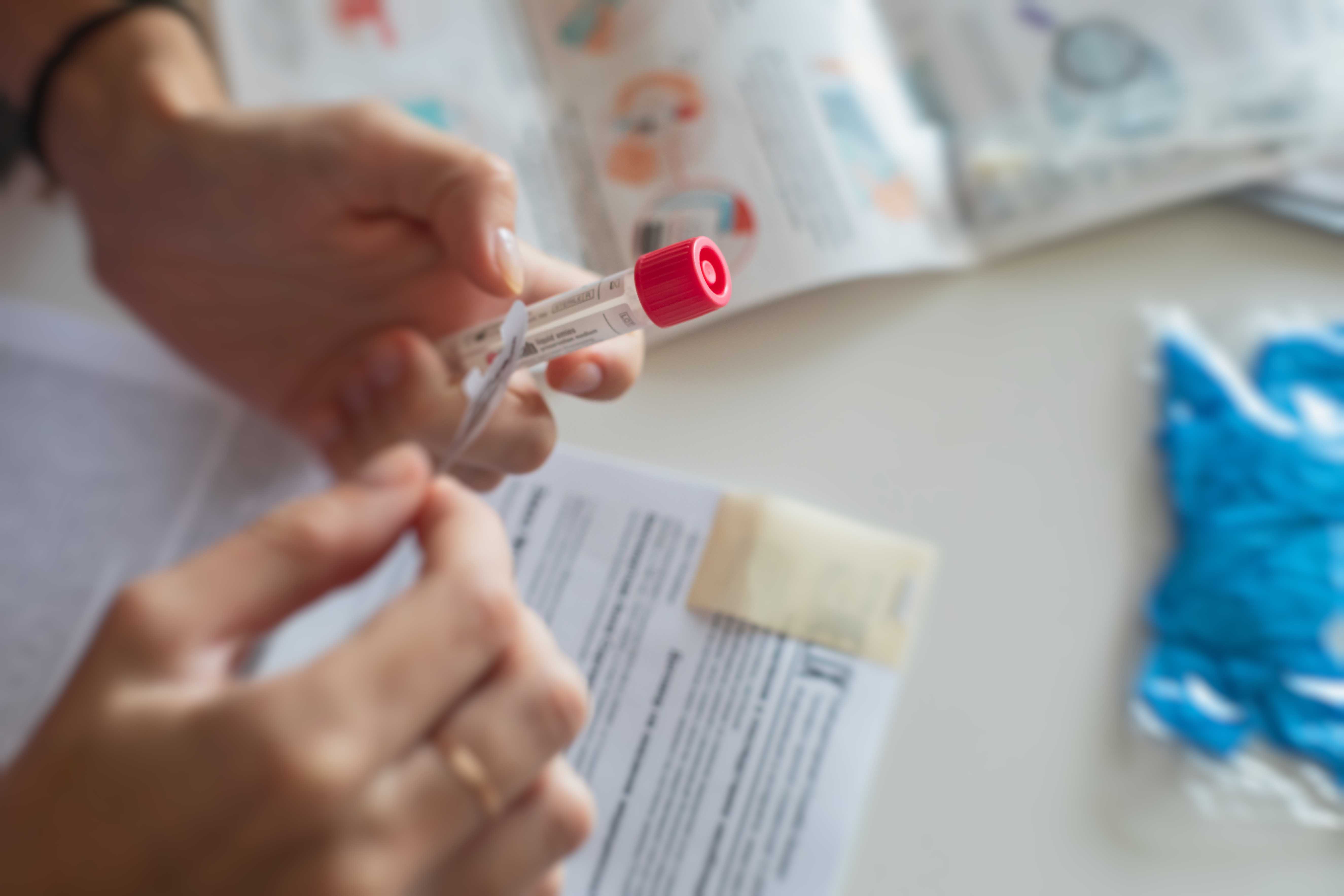

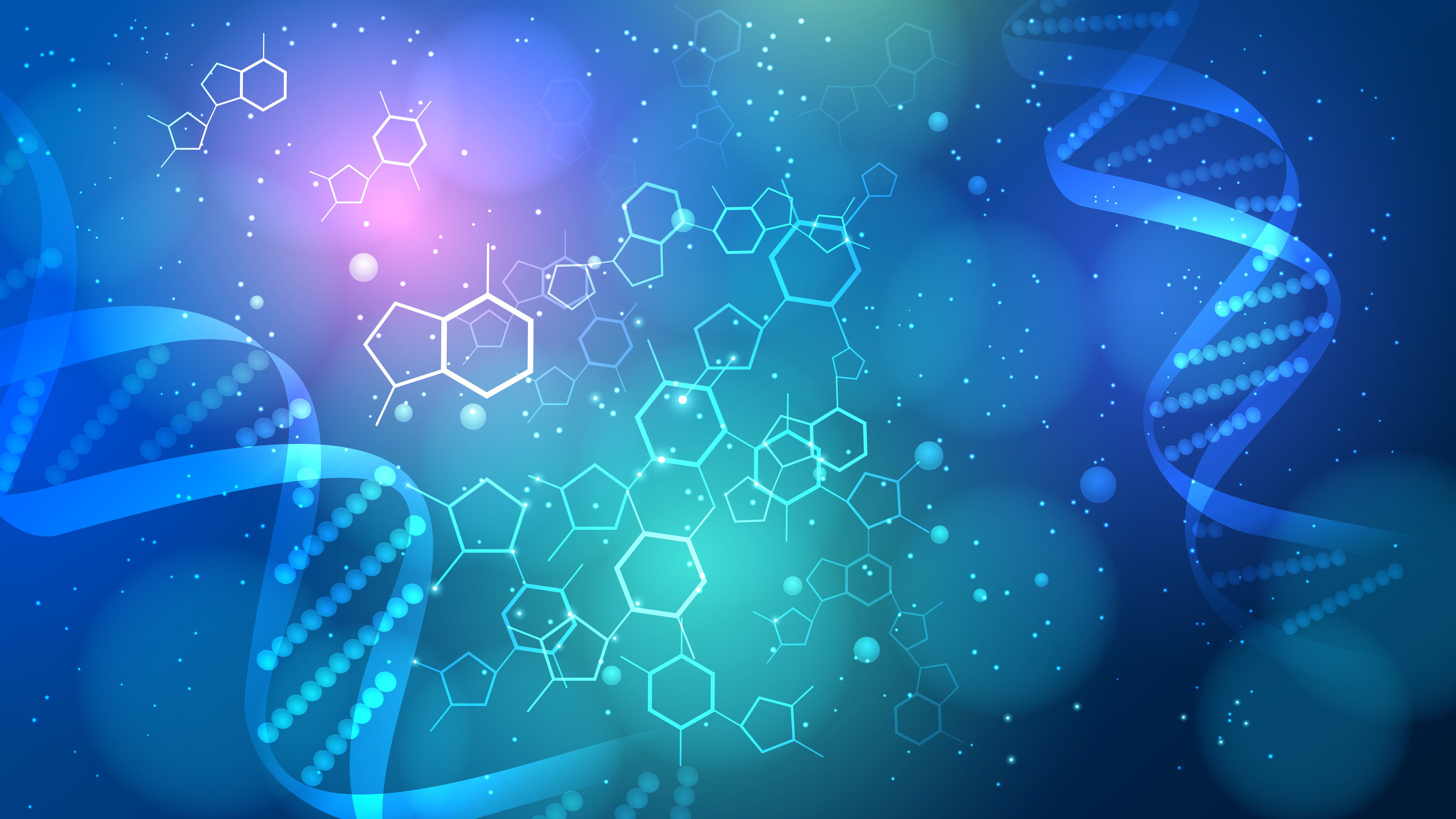


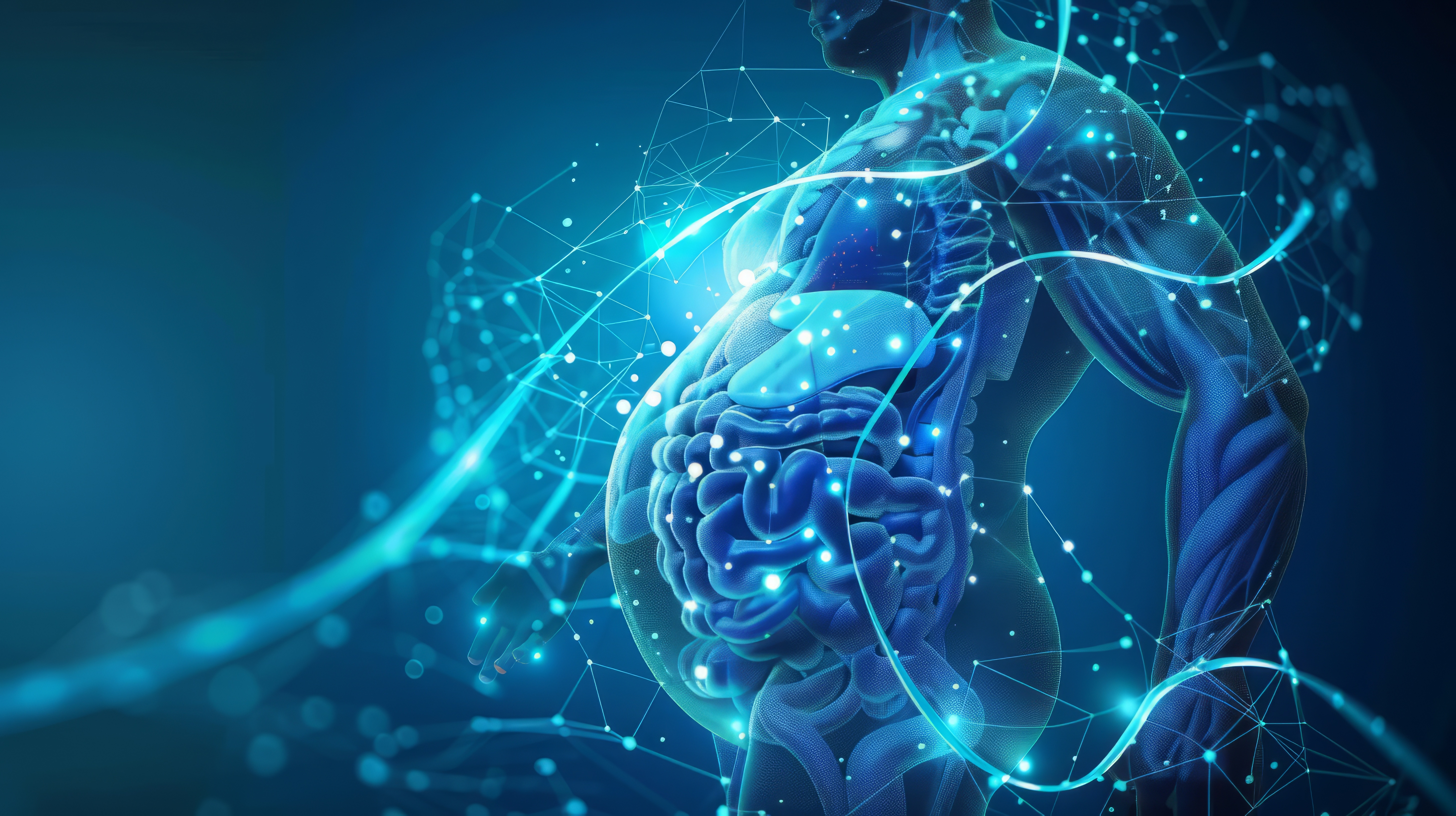


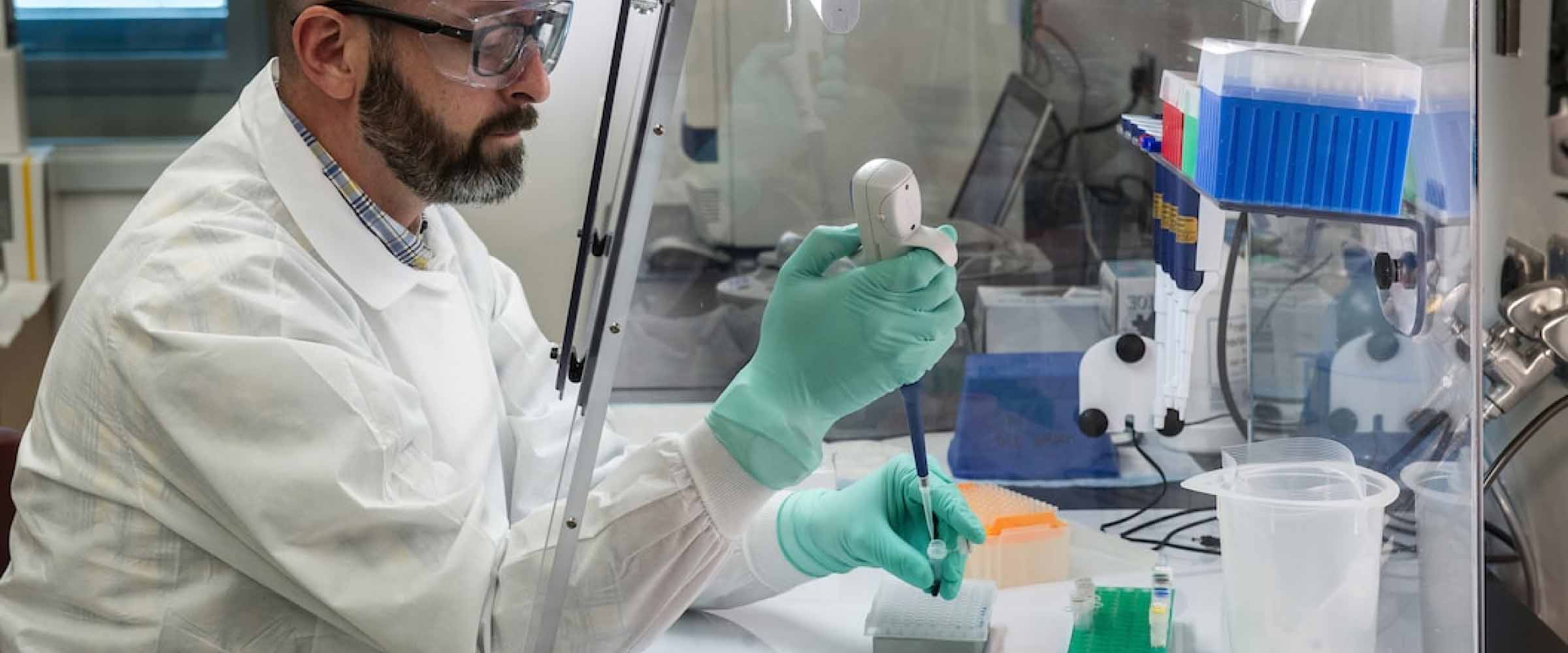
.jpg)

.jpg)
.jpg)
.jpg)
.jpg)
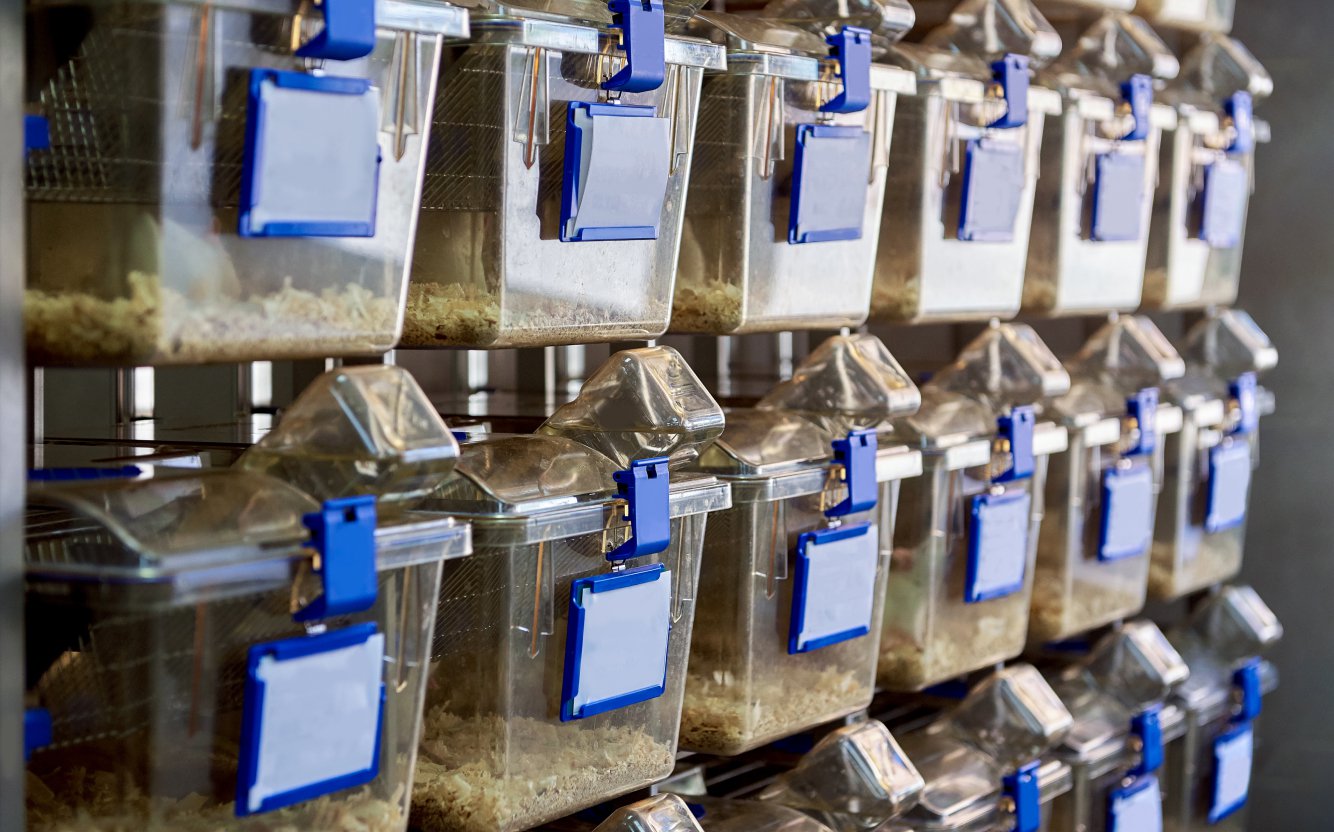
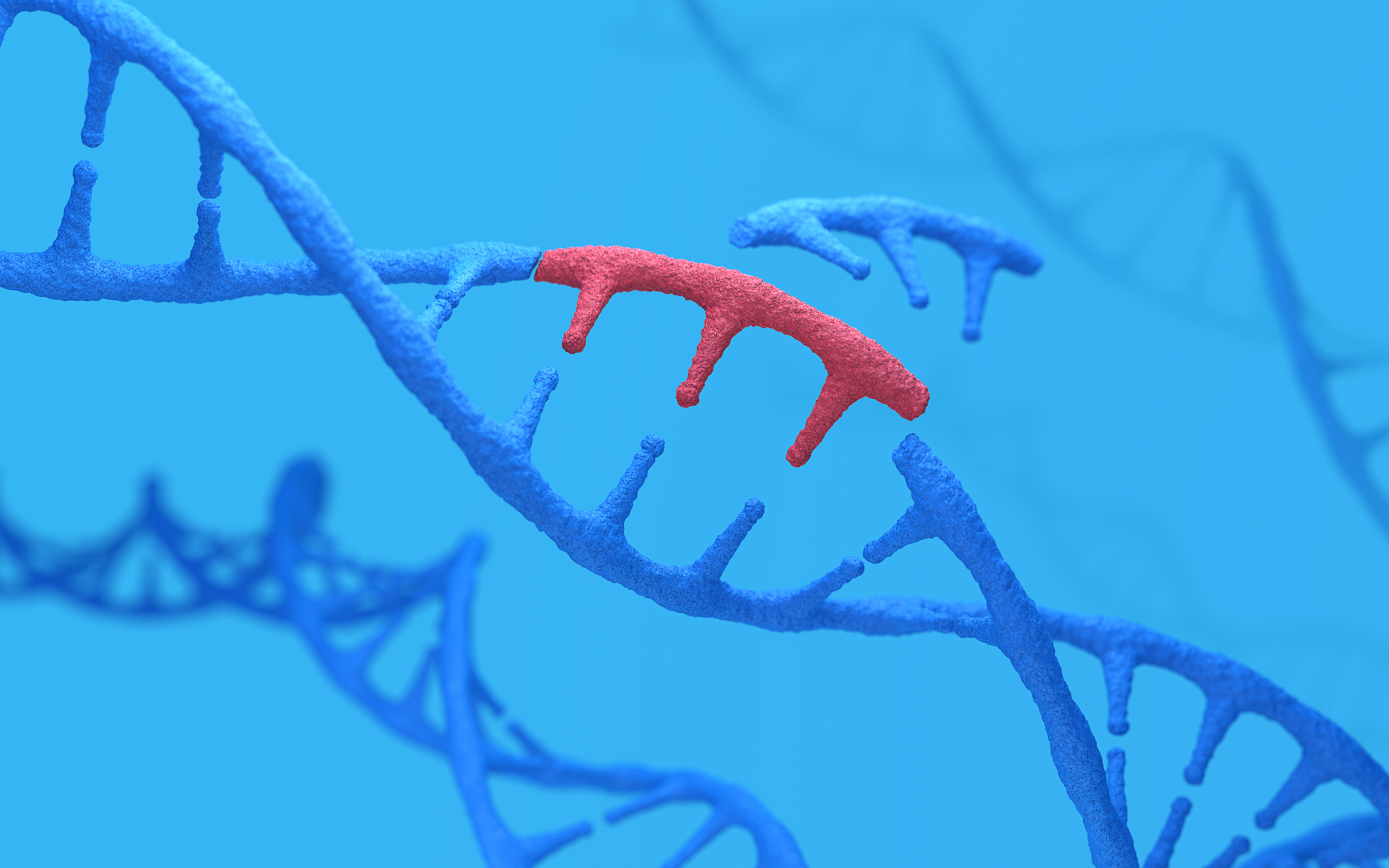
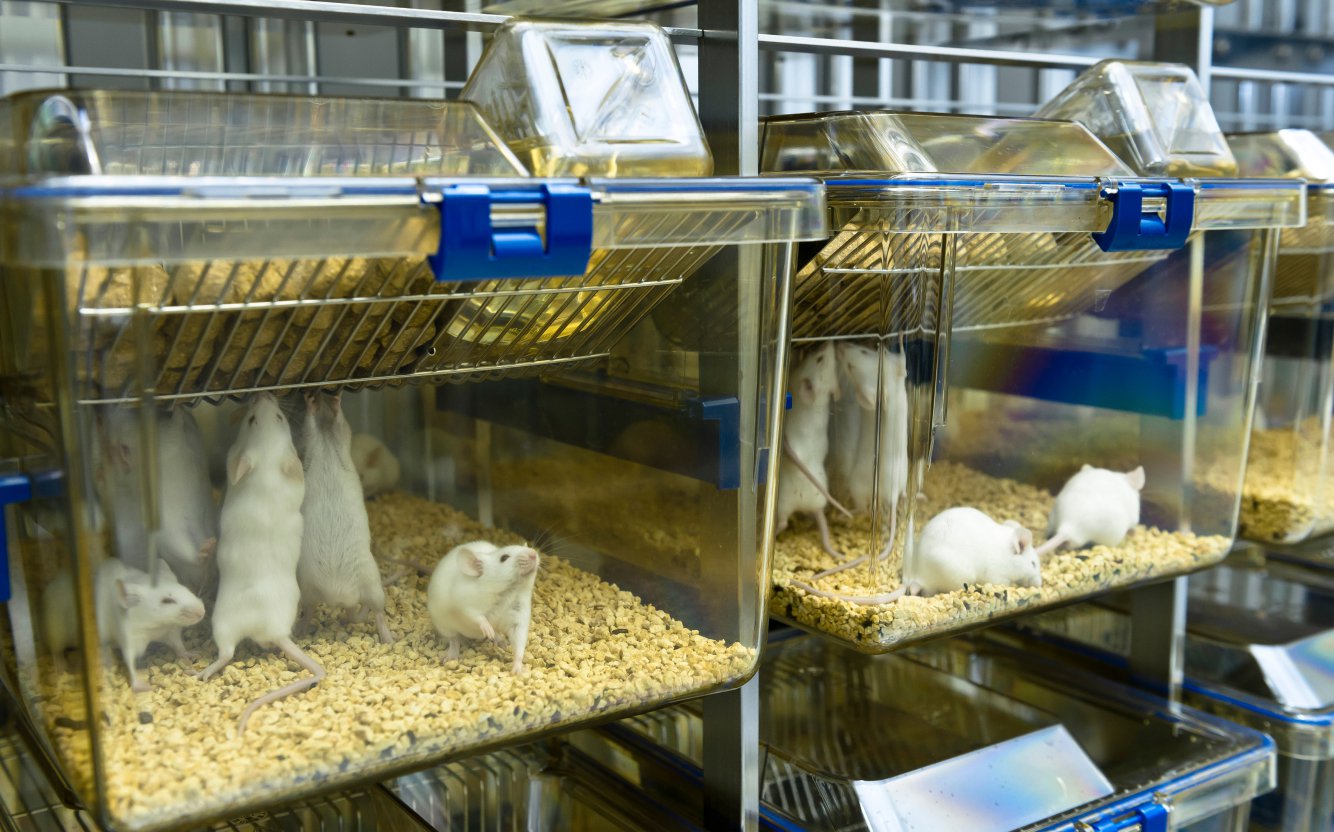


.jpg)

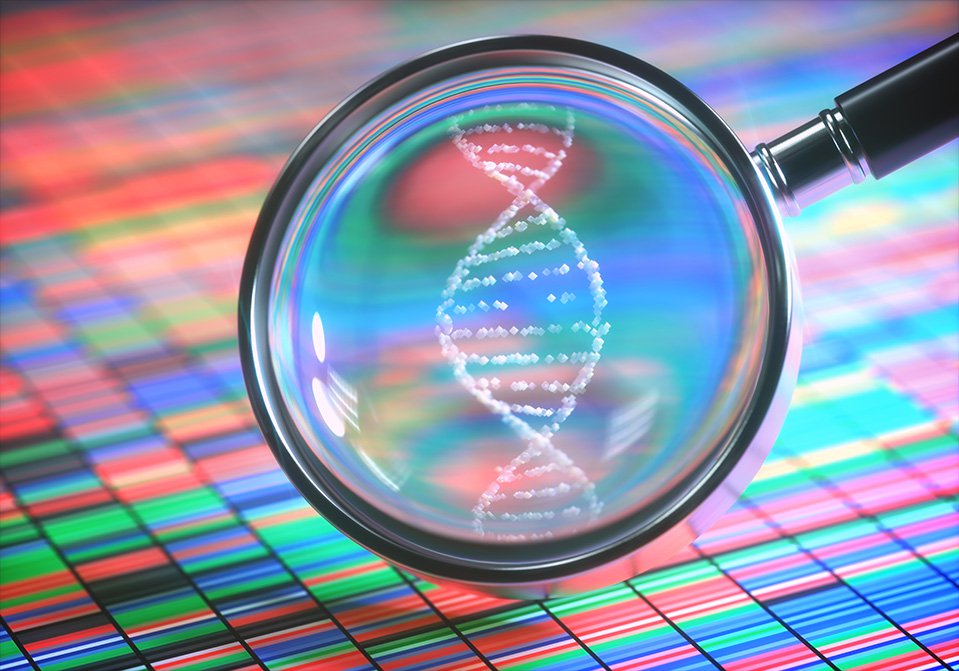
.jpg)
.jpg)
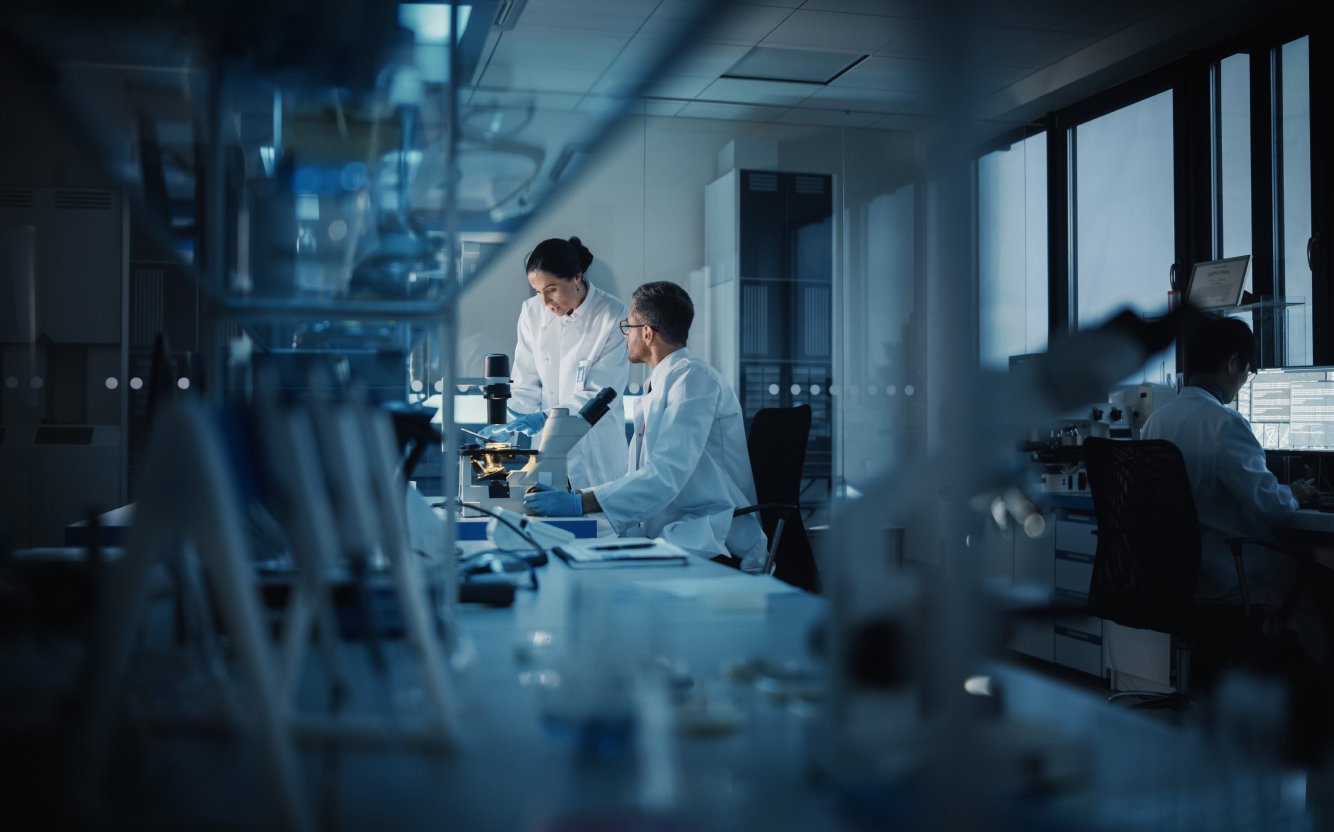
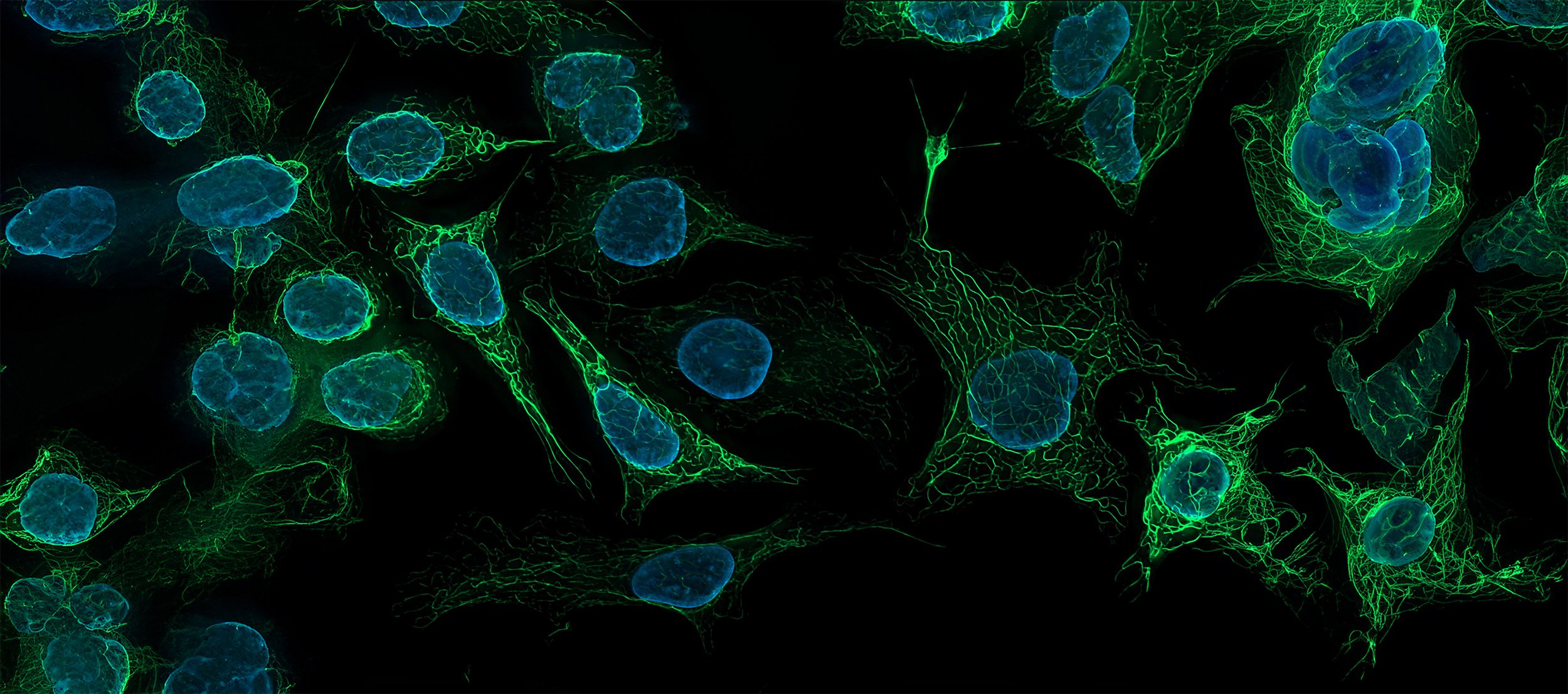
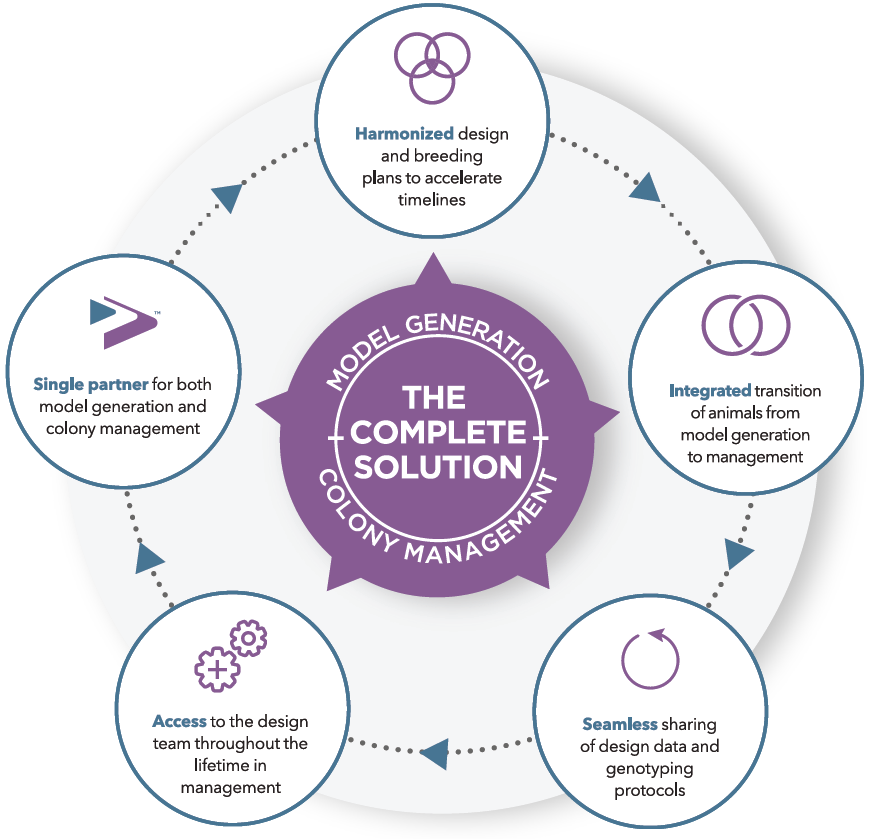
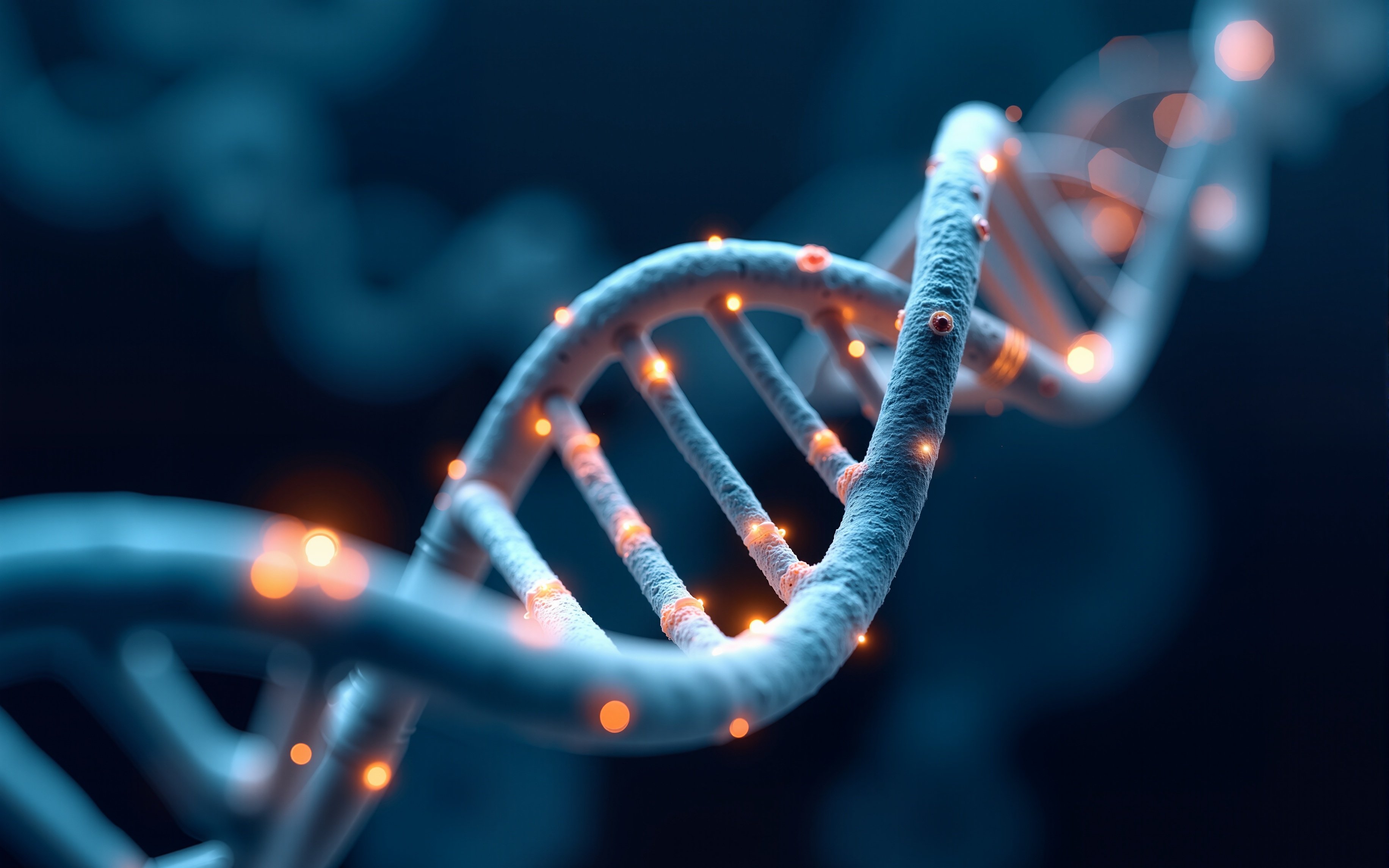
.jpg)
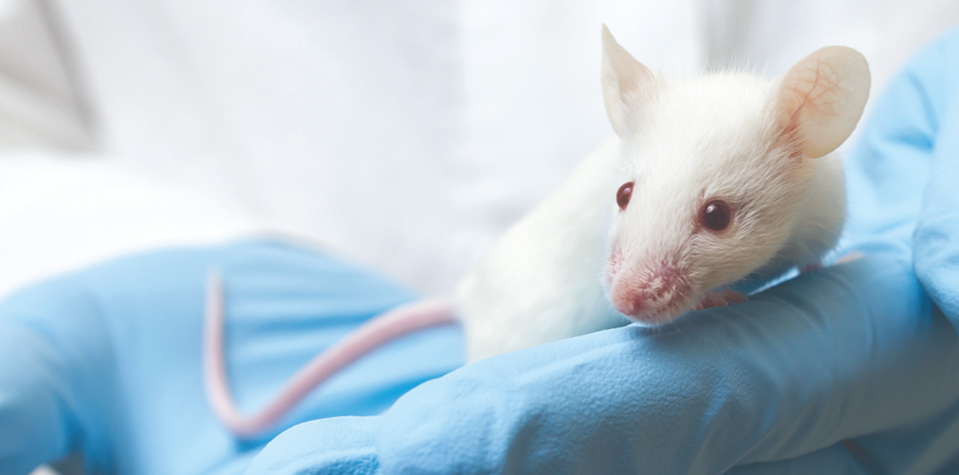

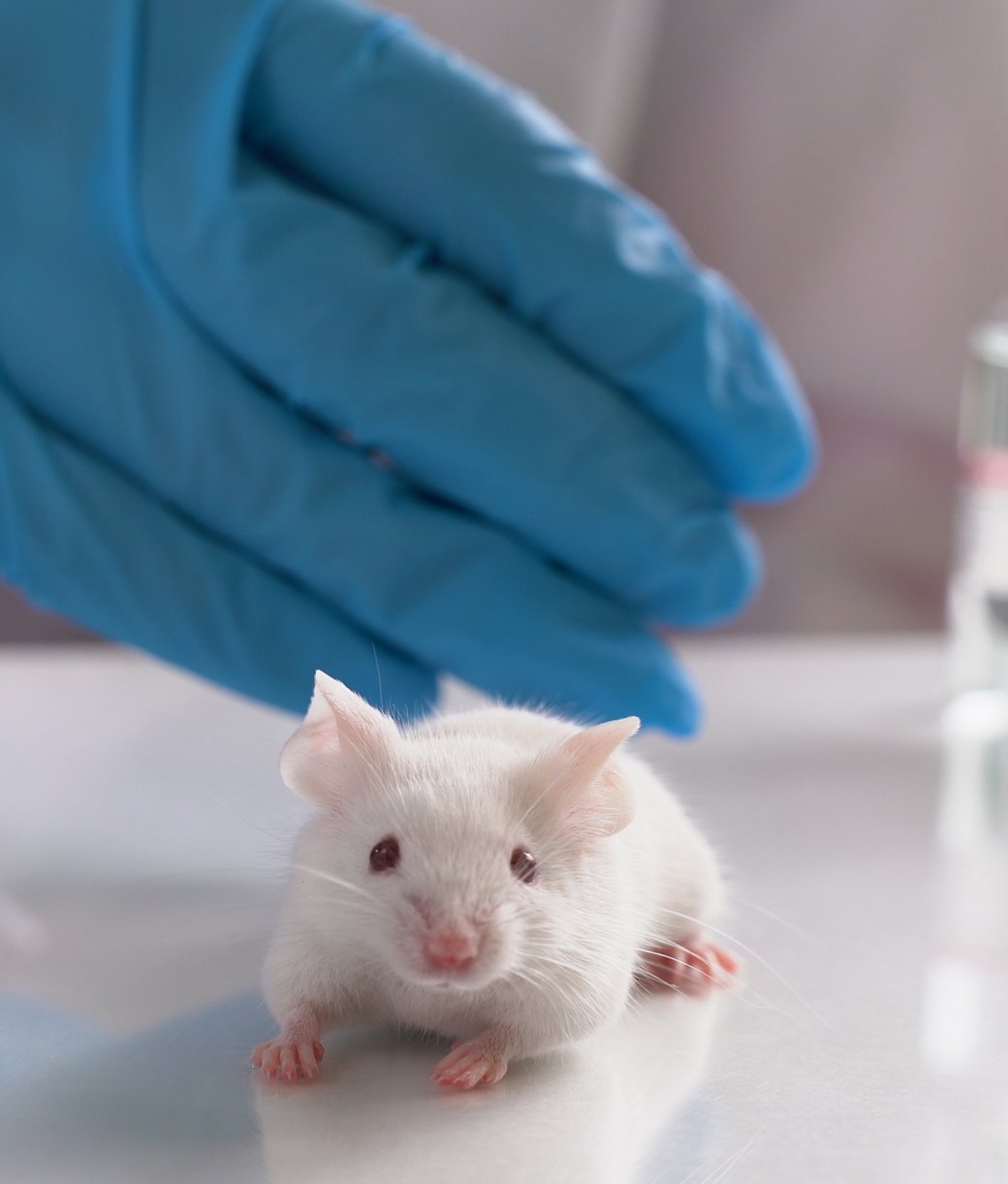

.jpg)

.jpg)




